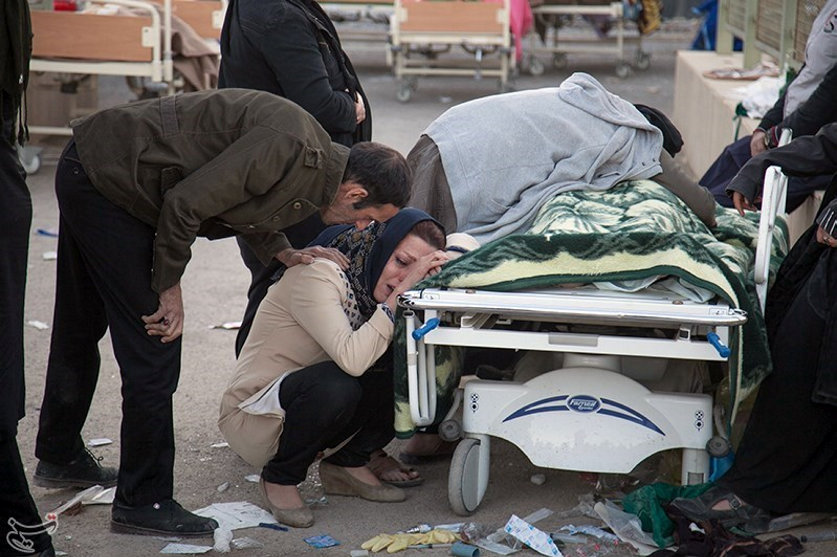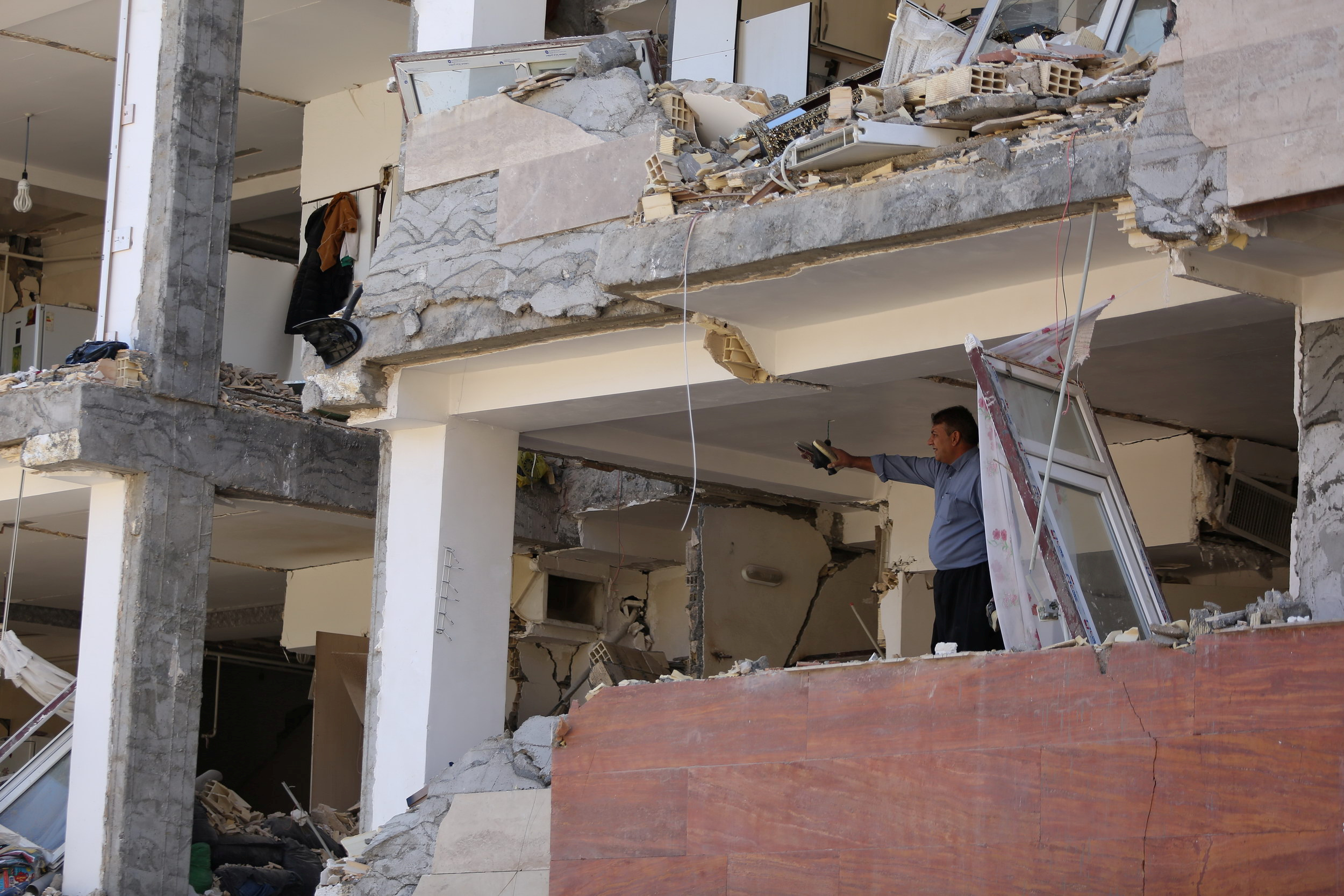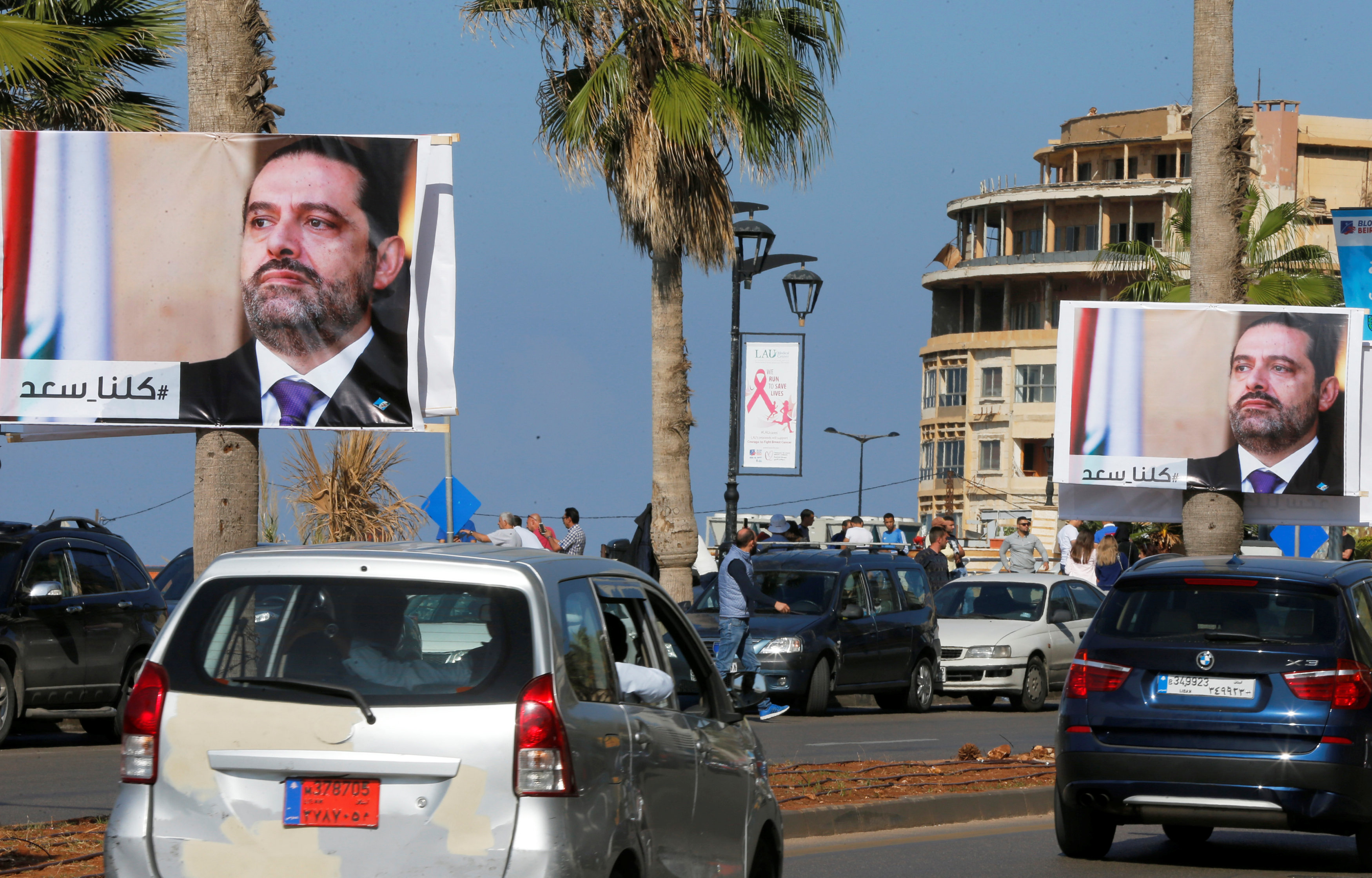
By Gabriela Baczynska
BRUSSELS (Reuters) – Any move by the European Union to impose new sanctions on Iran over its ballistic missile program and alleged involvement in Middle East conflicts would be “interesting and helpful”, a U.S. administration official said on Tuesday.
U.S. President Donald Trump, who has taken a more hawkish line on Iran than predecessor Barack Obama, has said Tehran’s missile program should be curbed and wants to punish Tehran over its role in Yemen and Syria.
Trump has also dealt a blow to an international 2015 deal on Iran’s nuclear program by disavowing Iran’s compliance with its terms. The U.S. Congress now has until mid-December to decide whether to reimpose economic sanctions on Iran that had been lifted in exchange for it limiting its nuclear activity.
But the EU, which normally coordinates closely with Washington on international sanctions, has been lobbying hard to preserve the nuclear accord, saying it should be kept separate from missile and regional security matters.
Last week, French President Emmanuel Macron mooted the possibility of fresh sanctions, saying he was “very concerned” about Iran’s missile program following the firing of a missile from Yemen into Saudi Arabia.
“It would certainly be a very interesting and probably helpful move on the part of the EU,” the U.S. administration official told reporters in Brussels when asked if Washington wanted the EU to pursue fresh restrictions on Iran.
The missile fired into Saudi Arabia from Yemen on Nov. 4 was intercepted near Riyadh airport and there were no casualties. Saudi Arabia, which intervened against Iran-backed Houthi rebels in Yemen’s war in 2015, accuses the Islamic Republic of supplying missiles and other weaponry to the Houthis.
Tehran denies this and it also rejected Macron’s remarks, saying its missile program was solely defensive and not linked to the nuclear pact, which European powers, Russia and China – the other parties to the 2015 deal – say is vital to containing Middle East tensions.
EU WARY OF NEW SANCTIONS ON IRAN
And there is no consensus in the EU, where imposing any sanctions requires the unanimity of all 28 member states, on any new punitive measures, a fact made clear by the bloc’s top diplomat after chairing foreign minister talks on Monday.
“We didn’t discuss, not today, not last week (and) I don’t foresee any discussion also in the future, further sanctions from the EU side on Iran,” EU foreign policy chief Federica Mogherini told reporters when asked about Macron’s comments.
“Ballistic missiles are not in the scope of the (nuclear deal),” she said. “This is a discussion and a proposal that was never raised at our table in these recent months and I don’t foresee this happening in the near future.”
Iran and Saudi Arabia are locked in a struggle for Middle East predominance. Their rivalry flared again earlier this month with the resignation of Saudi-backed Lebanese Prime Minister Saad al-Hariri, who blamed an alleged assassination plot against him and accused Tehran and its heavily armed Lebanese ally Hezbollah of sowing conflict in the Arab world.
The U.S. administration official declined to say what the Congress might do in the wake of Trump’s action but said any new U.S. sanctions would be targeted narrowly at people and entities involved directly in the areas of concern.
“We should expect to see a continued use of the U.S. sanctions tool in the areas such as proliferation of weapons of mass destruction, support for terrorist organizations and the deterioration of human rights inside Iran.”
The U.S. official also said the West should keep up pressure on Russia as long as it does not reverse its 2015 annexation of Crimea from Ukraine or implement its side of a peace deal for Ukraine’s east, gripped by a Moscow-backed insurgency.
The EU’s own economic sanctions on Moscow, which restrict business with the Russian energy, defense and financial sectors, are currently in place until the end of January 2018.
(Reporting by Gabriela Baczynska; Editing by Mark Heinrich)










